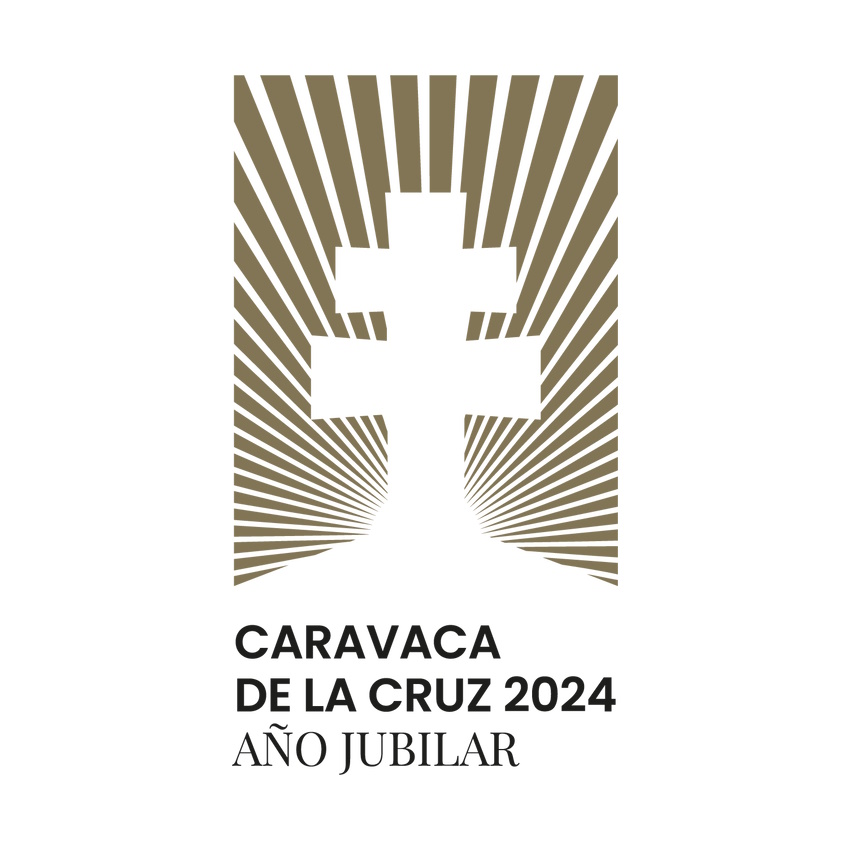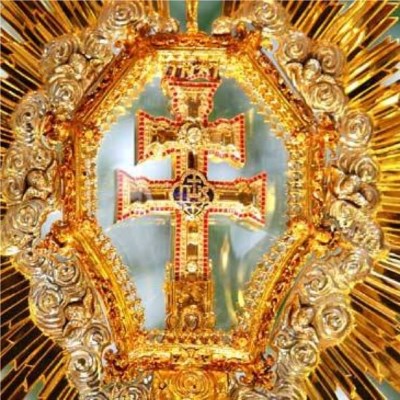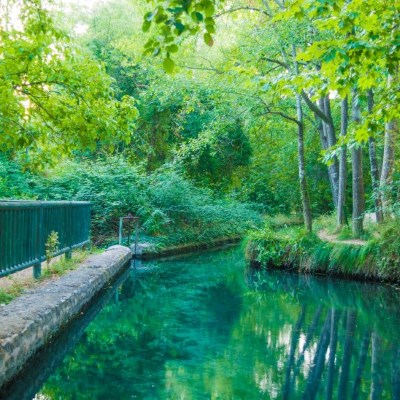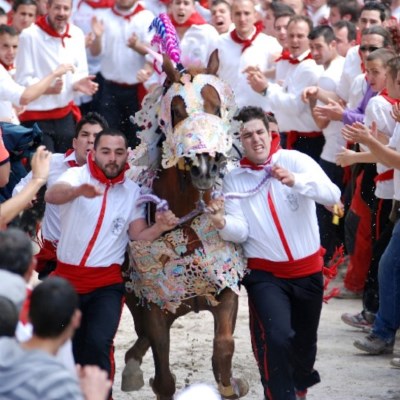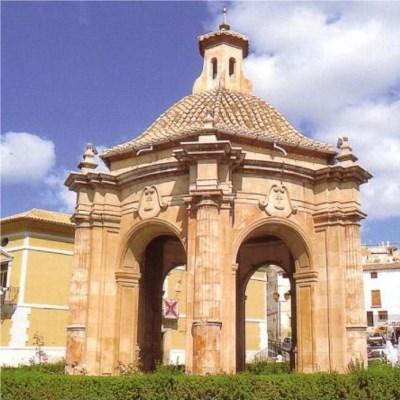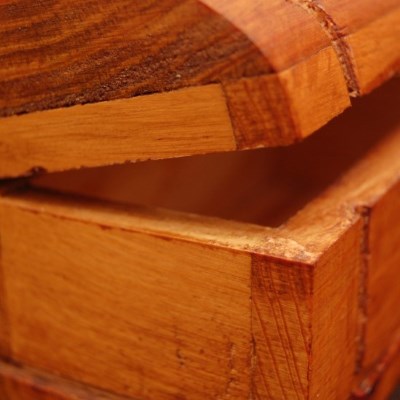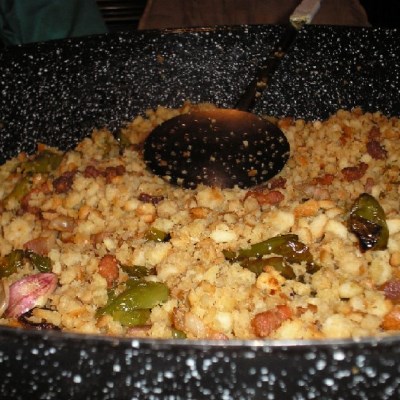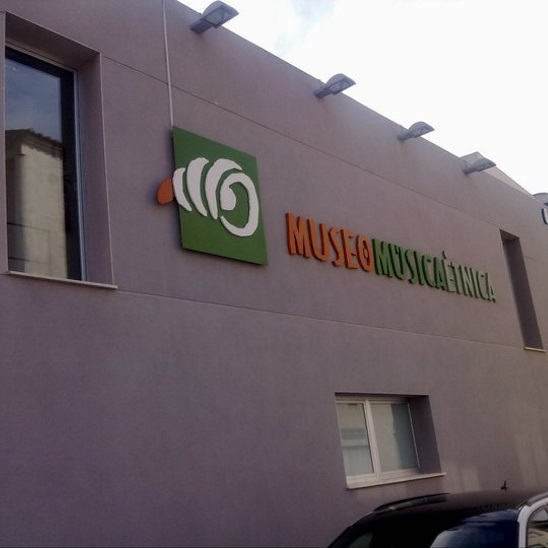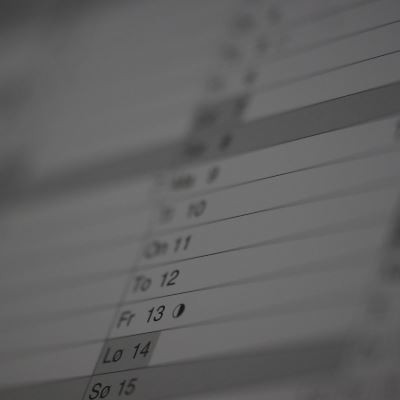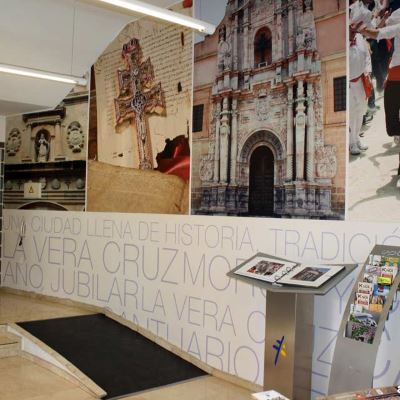La Comisión de Industria y Turismo del Congreso de los Diputados ha realizado hoy una visita institucional a Caravaca
El alcalde y la consejera de Turismo han mantenido una reunión con los diputados de los distintos grupos políticos en el Salón de Plenos del Consistorio
José Francisco García ha destacado el potencial de los ocho caminos de la Cruz de Caravaca para vertebrar territorios de la España de interior, uniendo en un proyecto común a más de un centenar de municipios de la Región de Murcia, Castilla-La Mancha, Andalucía, Valencia, Aragón y Navarra
10/01/2025. El alcalde de Caravaca de la Cruz, José Francisco García, y la consejera de Turismo, Cultura, Juventud y Deportes de la Región de Murcia, Carmen Conesa, se han reunido con los diputados nacionales miembros de la Comisión de Industria y Turismo del Congreso de los Diputados, a los que les han solicitado el apoyo para darle continuidad los incentivos fiscales aplicados a iniciativas y actividades que supongan el desarrollo y promoción del Camino de la Cruz de la Caravaca.
“Hemos planteado esta visita institucional porque consideramos que es muy importante mantener la cooperación entre todas las administraciones para seguir impulsando las ocho vías de peregrinación a Caravaca, más allá del Año Jubilar 2024, y, en este sentido, es vital mantener los incentivos fiscales como herramienta que permite un ejemplar modelo de colaboración público-privada a través de la Fundación Camino de la Cruz”, ha destacado el alcalde.
José Francisco García ha hecho referencia también al potencial de los Caminos de la Cruz “para vertebrar y cohesionar territorios de la España de interior, uniendo en un proyecto turístico y cultural común a más de un centenar de municipios de la Región de Murcia, Castilla-La Mancha, Andalucía, Valencia, Aragón y Navarra”.

Por su parte, la consejera Carmen Conesa ha puesto de relieve la necesidad de dar continuidad al trabajo realizado a la vista de los resultados obtenidos durante el Año Jubilar, “con la implicación de todos”. “Por eso –ha explicado- pedimos el apoyo de los diputados para la declaración de Acontecimiento de Excepcional Interés Público para el Camino de la Cruz de Caravaca, en sus ocho itinerarios, con el fin de mantener beneficios fiscales y desgravaciones paras empresas que colaboren y apuesten por ello como en estos años”.
Los diputados de los distintos grupos políticos que han participando en la reunión celebrada en el Salón de Plenos del Consistorio han coincidido en señalar la colaboración existente durante este Año Jubilar 2024 entre administraciones públicas e instituciones, destacando que los incentivos fiscales aplicados al Camino de la Cruz se han convertido en un modelo a seguir.

De este modo, el Gobierno de la Región y el Ayuntamiento de Caravaca reclaman el apoyo de los diputados para la declaración como Acontecimiento de Excepcional Interés Público (AEIP) para el ‘Camino de la Cruz de Caravaca’, en sus ocho itinerarios, al considerar que se trata de una oportunidad para seguir impulsando el conocimiento, la difusión y el desarrollo de una red de caminos espirituales, culturales y de naturaleza que unen y fortalecen el desarrollo económico y social de un territorio.
Tras la reunión, la Comisión de Industria y Turismo del Congreso de los Diputados se ha desplazado hasta la Casa-Museo de los Caballos del Vino, para concluir la visita institucional en la Real Basílica de la Vera. A la delegación de los ochos miembros de la citada comisión, se han sumado diputados nacionales de la Región de Murcia.



